【視聴数 519616】
【チャンネル名 Beast Runners 跑山獸】
【タグ 跑山獸,Petr Novotny,Beast Runners,羅勃依婉,Eva Lobo,Taiwan,hiking,trail running,台灣百岳,SAR,Search nad Rescue,missing,搜救,捷克,Formosa Trail,三叉營地,干卓萬山,Ganzhuowa,卓社大山,十粒溪營地,倒木斷崖,三叉峰,拉繩斷崖,火山,牧山,牧山下水池,親愛,萬大林道,三來稜山,乳形峰東鞍營,十八連峰,卓社東峰,南投縣,干卓萬群峰線,干卓萬縱走,武界林道2900鞍,萬大林道7.8k停車處,萬大神木,高山步道,alpine,武界,Wujie,Davinci Resolve,救災救護指揮科,安全帽,helmet,drone,空拍機,埔里,Puli,南投,仁愛,霧社,奧萬大,Aowanda,Petr】
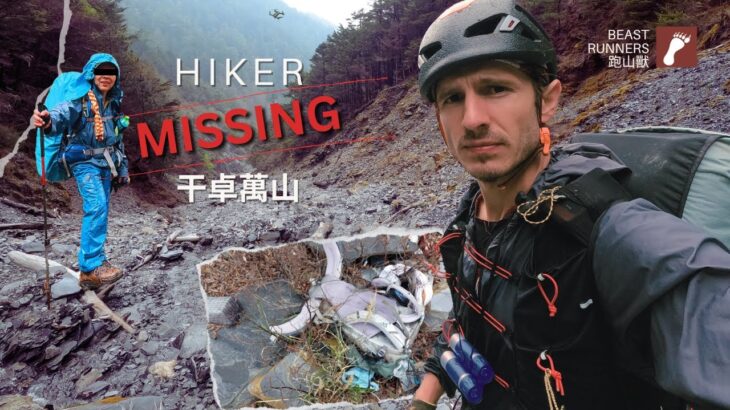
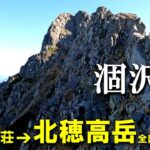

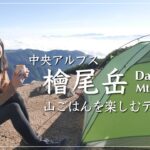

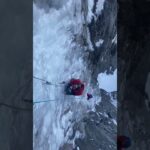

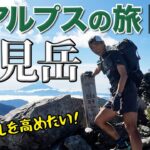
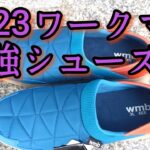
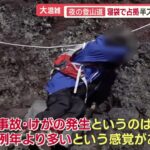
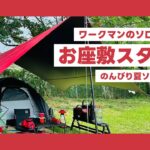
![[アルプス登山]日本100名山の塩見岳・仙丈ヶ岳を縦走する4日間の旅【前編】](https://pokegolove.com/tozan/wp-content/uploads/2023/08/1004-730x410.jpg)


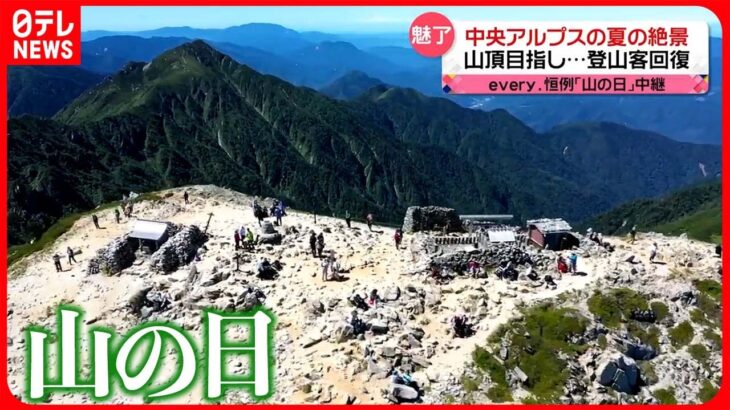
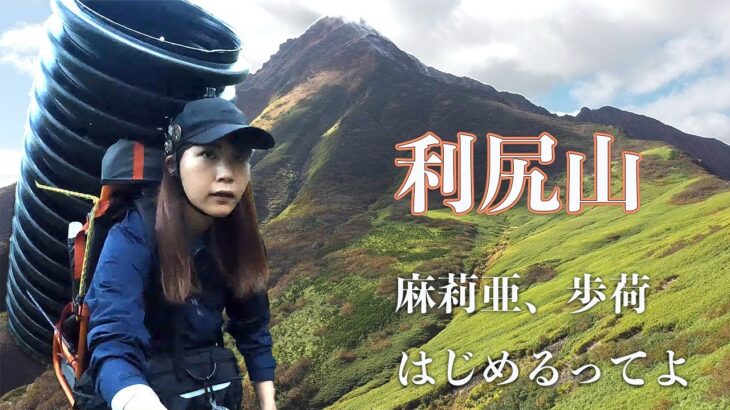

辛苦跑山獸,有您遇難者或者是失聯者,都能安心。
許多人覺得自己體力好就輕裝上山,我自己在東勢區有塊小山坡地,體力不說,我自己去哪裡背著約20公斤的裝備簡單的爬山坡,除草,生火,這些簡單的動作去到潮濕的山區環境就變的很困難,失溫頭痛,脫水,全身無力,差點沒辦法開車回家,因為我連轉方向盤都快轉不動!
更別說在3千多公尺的高山了,真的佩服這些搜救員!
人面對大自然千萬不要覺得自己很厲害!
谢谢你的服务。
真的是不簡單。
感謝你們為台灣付出
I was really hoping you will find him alive ☹️. Take care Petr
Excellent video and great work. You are a very experienced mountaineer and in excellent fitness. And you had done an amazing feat.
However, I would like to comment on a few points, based on the limited background I have in outdoor safety education as a trainer (I try not to mention the name of our org).
1. You said in the video that relying on a group in hiking wouldn’t increase the reliability in the navigation, and it’s better to learn how to use the “GPS” instead.
Allow me to break it down in a few minor points here:
A. It’s not the “GPS” that you use literally speaking (I am also very knowledgeable in tech and comms). The GPS is the 24+ satellites and their ground stations (owned by the US gov). What we can use are GPS receivers (or GPSr) that are end user devices, and some have navigation functionality and even maps functions. These are NAV devices that can use GPS signals, but also other sat constellations like GLONASS, Biedou, plus WAAS etc, generically called GNSS.
B. Although a group might or might not provide better wisdom in navigation, there are still benefits to being in a group than being solo. There could be a situation where one person is injured and cannot move on, and another person can go seek help if communication is not available. If there are more people, some could carry the injured person (or in turns) to extraction points to get help etc. So by dismissing the group on one aspect might mislead some viewers to think that a group is thus useless. I know that this might not be your intention, but some viewers might not be that careful when listening to your advice.
C. “GPS” as preferred nav choice. As another comment here said it’s better to have 2 map sources, I would like to concur, plus add that even better, one would be a paper source in addition to an electronic source. I have a background in electrical engineering and computer science, and I would say that nobody should rely on battery powered tech entirely in mission critical situations. Your device can freeze, hang, die or fail for whatever reasons. The battery can also die or be unpredictable or unreliable. Devices and batteries might not work in certain temperatures (especially lower than freezing). You would want to have not only backup, but a different kind of type of tech. Laminated or paper maps in waterproof bags is a good backup map source, along with a magnetic compass (and or star maps).
I don’t disagree that every hiker should learn how to do navigation and orienteering as part of the mountaineering experience lessons. But I think that’s a given . What I am a little concerned about is a comparison with a group intelligence as if it’s an either or choice. Maybe that’s not your intention in the video but it might come across as that for some viewers.
I am not an expert myself, but most of our team members are also respective local land SAR members (in one group, a well made documentary series was made about this SAR group) who have real life experiences in doing this, and they share the best practice for outdoor activities. Our group is a national education org in this area and the education message has been crossed checked by many experts.
I do not have the whole story about the victim in this case so I can’t comment on it . But generally speaking, anyone in a group should not be separated or left alone . It just violates the cardinal rule for safety.
My close friend has lived in Taiwan for over 20 years and he said that the outdoor safety mentality is still not comparable to many other countries. It’s just a cultural difference.
So from that angle, I want to say that I am not trying to be critical of how things are done in Taiwan. I am speaking only from the perspective of the country I live in, and maybe things including what’s best practice, can be very different.
One last comment: GNSS and other satellite signals that are in ultra high frequencies (above 1GHz, higher part of UHF) are not very good in deep valleys and sometimes even under heavy tree canopies due to signals being blocked or attenuated (I am also an experienced amateur radio operator with deep knowledge in radio communication).
There are a few other points I want to comment on, but this is getting too long and I really don’t mean to lecture here.
Again thanks for the videos.
謝謝你 這是很有意義的
誠摯的感謝您,艱困努力的搜救工作且也分享您寶貴的經驗讓更多人知道搜山時需要注意的種種細節,謝謝您。
這些是生⋯嗎?
感謝您以及所有參與搜救的人員!
good job
謝謝!
謝謝你…幫助受難者安息…..
好人一生平安❤
感謝你辛苦了自己要小心
只有感謝~
謝謝!
respect
thanks all the work you did!
I know it’s morbid, but I really love your rescue and recovery videos. They are very well edited, too.
edit: Also, drones have been an absolutely amazing invention. It allows SAR to search areas that are too dangerous to reach on foot. I bet if equipped with a more powerful cameras, or even binoculars/ a telescope, it would work better.
Also, thank you for doing what you do. It’s truly heroic and you help give families closure in their lives while also educating people about hiking safety. Remember please, to always listen to your gut when searching alone in dangerous terrain – I know that you know, but it would be devastating if you yourself got into danger while on a search. The health and safety of you is also just as important!